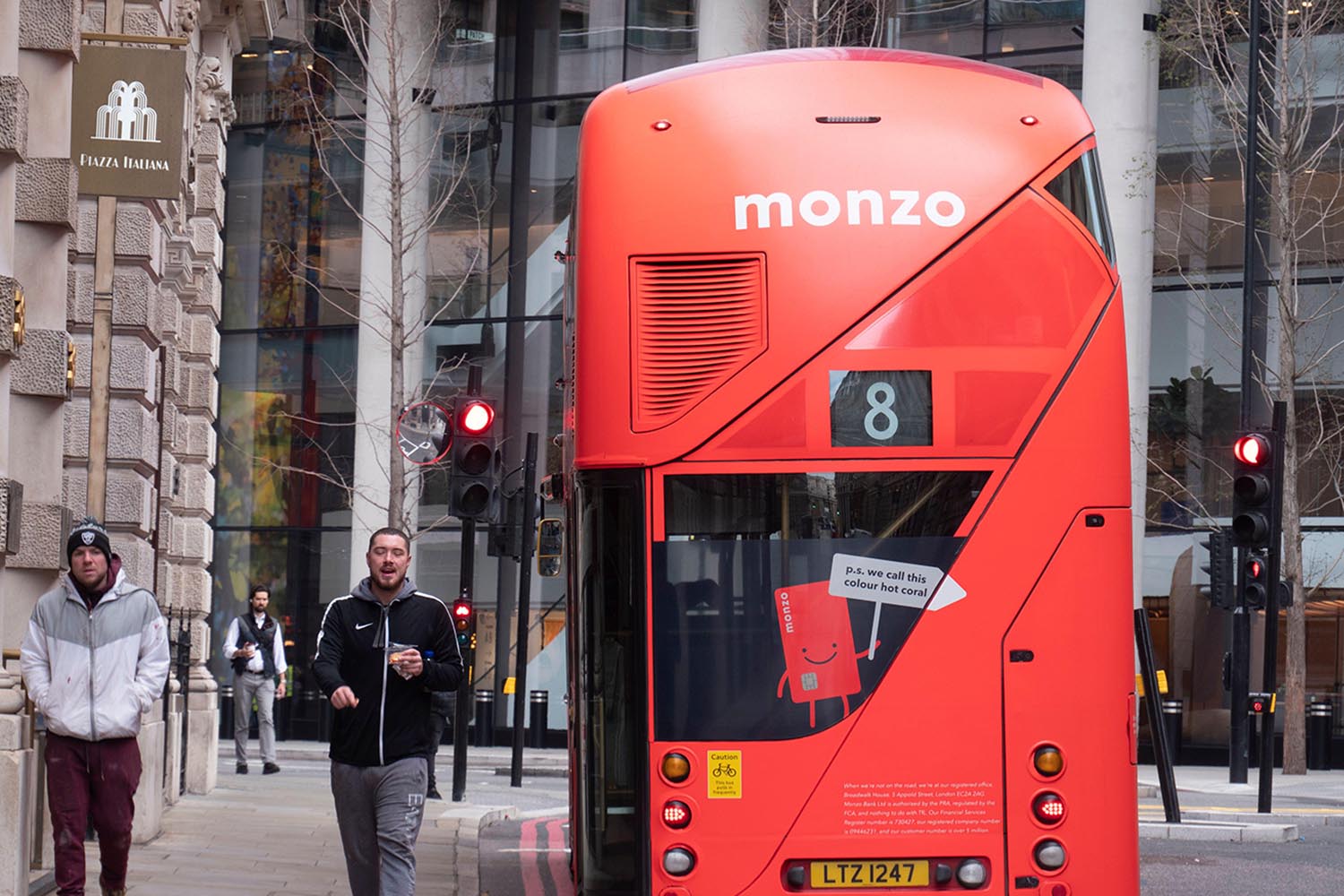London punches far above its weight when it comes to growing fintech champions. Getting them to stay is another matter.
Since Wise, one of the capital’s most promising payments providers, announced this month that it would switch its main listing to New York, bankers are warning the City is on course to lose out on potentially tens of billions in fintech initial public offerings (IPOs).
There are six large tech floats in the London pipeline at an estimated value of £21.8bn – Monzo at £6bn, Zopa at £750m, Zilch at £1.6bn, Starling at £10bn, Clearbank at £650m and OakNorth at £2.8bn.
In particular, there’s concern about the potential flight of Monzo, which could merit a much higher valuation given its growth potential. Starling Bank was looking at a £10bn float before a report by watchdogs highlighted failures in its financial crime controls. The companies themselves say no decisions have been made on timing or on venue.
Wise says it is moving to New York, since it is a global business, and it wants a wider range of investors than it is getting in London. Other fintech firms such as Revolut, Europe’s largest startup headquartered in London, cite greater liquidity in share trading in the US. The chief executive of Revolut has said it is “not rational” to list in the UK.
Figures from Dealroom, which tracks fast-growth companies, show the US is the top country for fintech investment by far, raising $18.6bn in 2023, compared with $3.2bn in the UK. In terms of regional hubs, London surpassed San Francisco’s Bay Area to gain the top spot in 2022, but the Bay Area regained the position this year. New York comes a close third.
British fintechs are attracting more startup funding than those in France, Germany, China, India, Brazil and Canada combined, according to accountancy giant KPMG. But once firms reach mid-size, they often face a discount compared with US peers.
US-listed fintech SoFi Technologies, which has a similar market cap to Wise, trades at a higher price-to-earnings ratio of 36.7, compared with 27.2 for Wise, indicating either higher growth expectations or a market preference for US-listed stocks.
Related articles:
Richard Hunter at Interactive Investor says: “At these levels of valuations there are any number of companies in the frame to leave London, especially in the tech sector. One thing that can be said with some certainty is that until something changes – tax breaks for companies listing, abolition of stamp duty, lighter regulation and so on – there will be more.”
Last month, chancellor Rachel Reeves confirmed that she will create a “backstop” power to force large pension funds to back British assets. While chief executive Amanda Blanc at insurer Aviva compared the change to using “a sledgehammer to crack a nut”, some in the City argue it doesn’t go far enough.
Newsletters
Choose the newsletters you want to receive
View more
For information about how The Observer protects your data, read our Privacy Policy
The London Stock Exchange saw 88 companies defect last year.
Photograph by Chris Watson/Alamy


